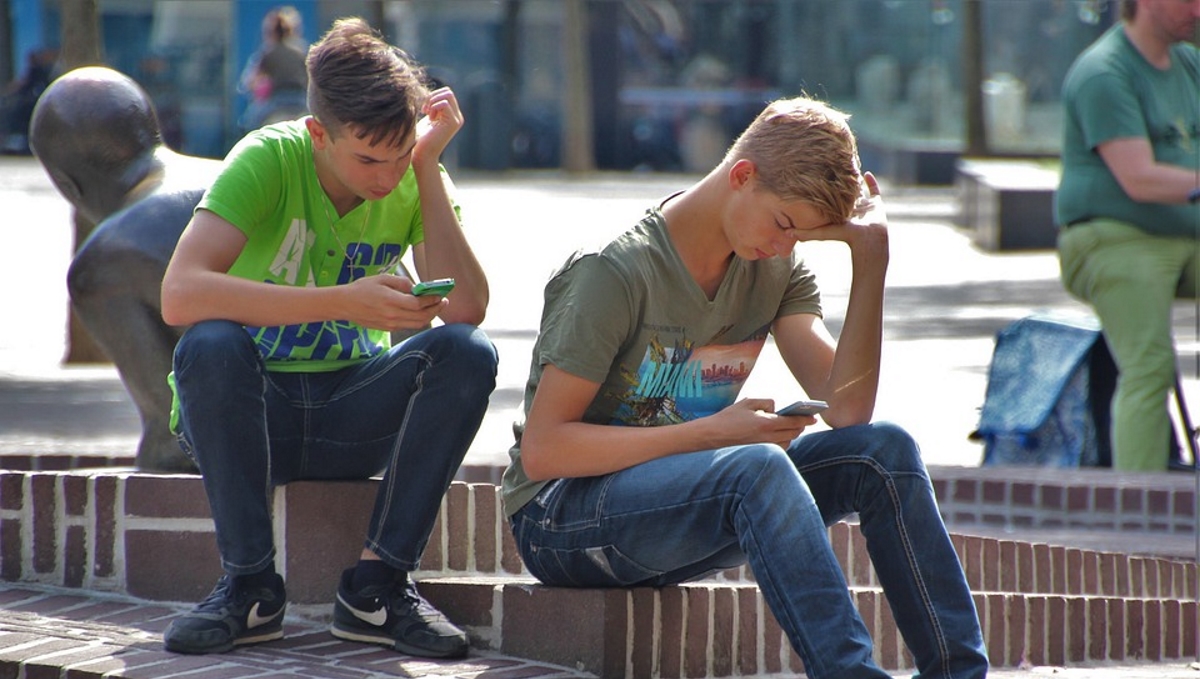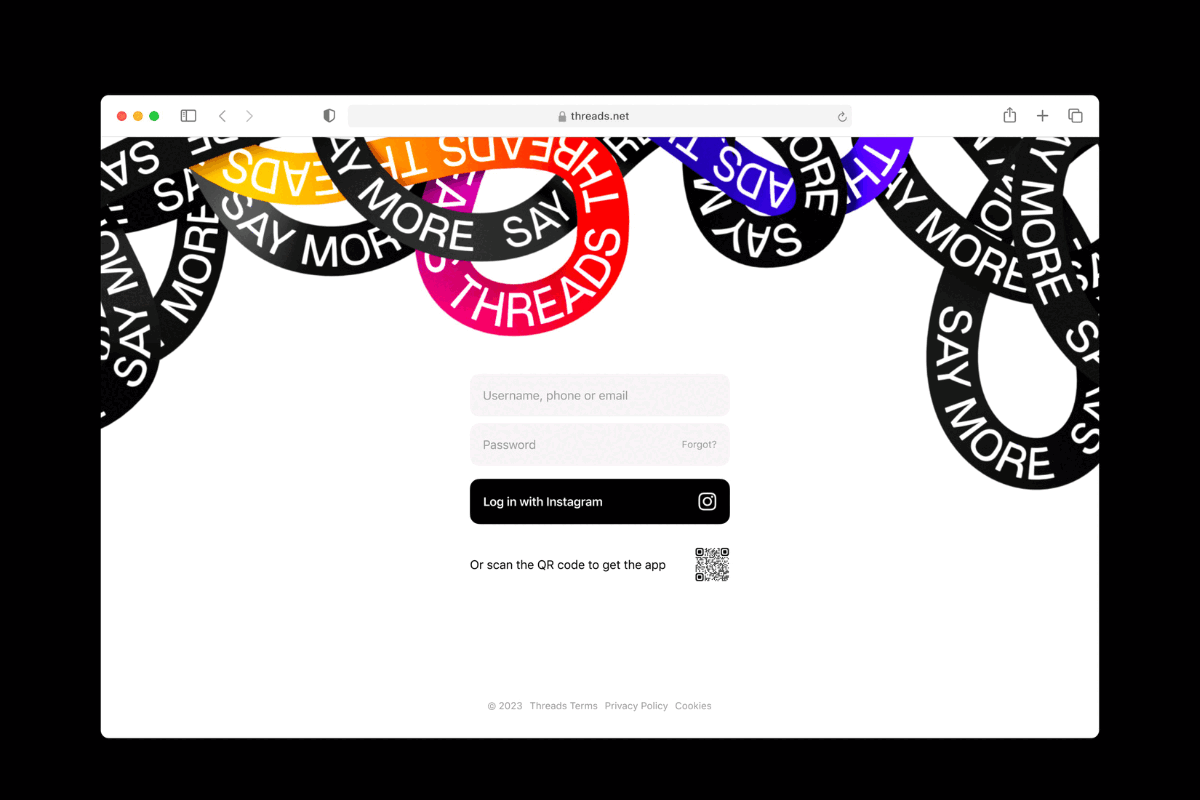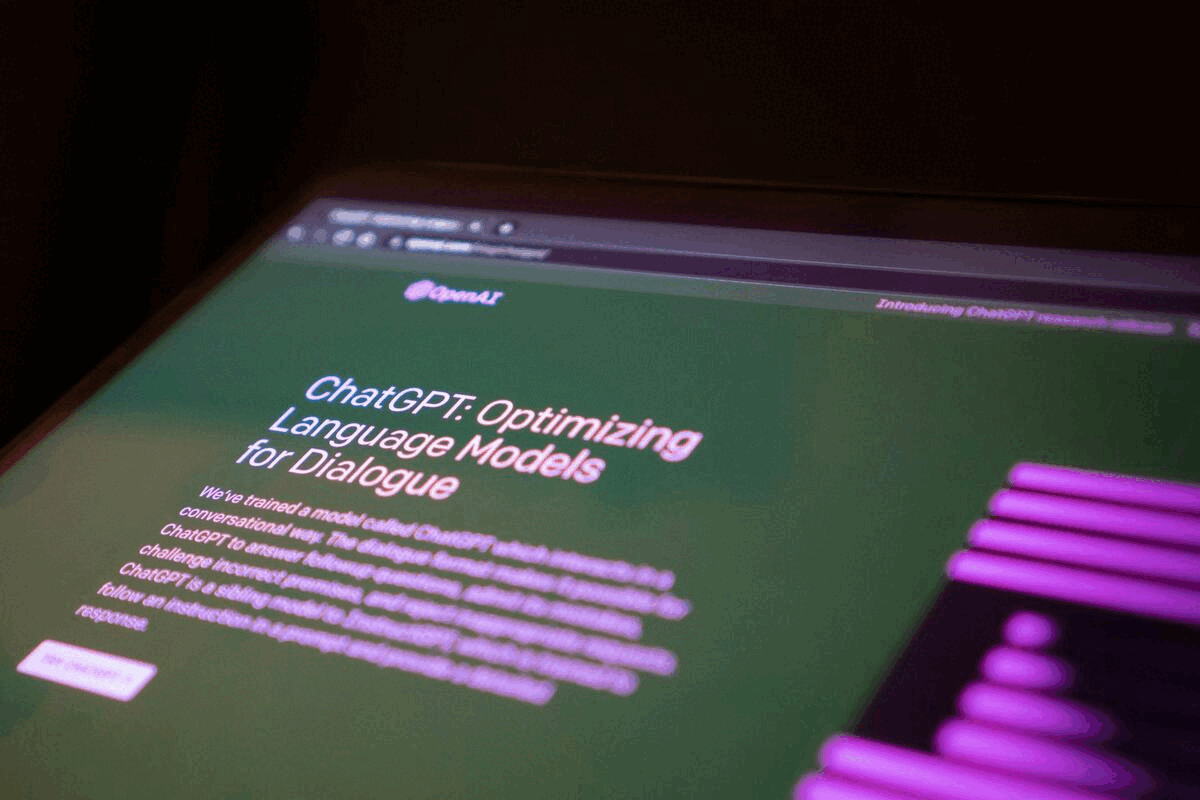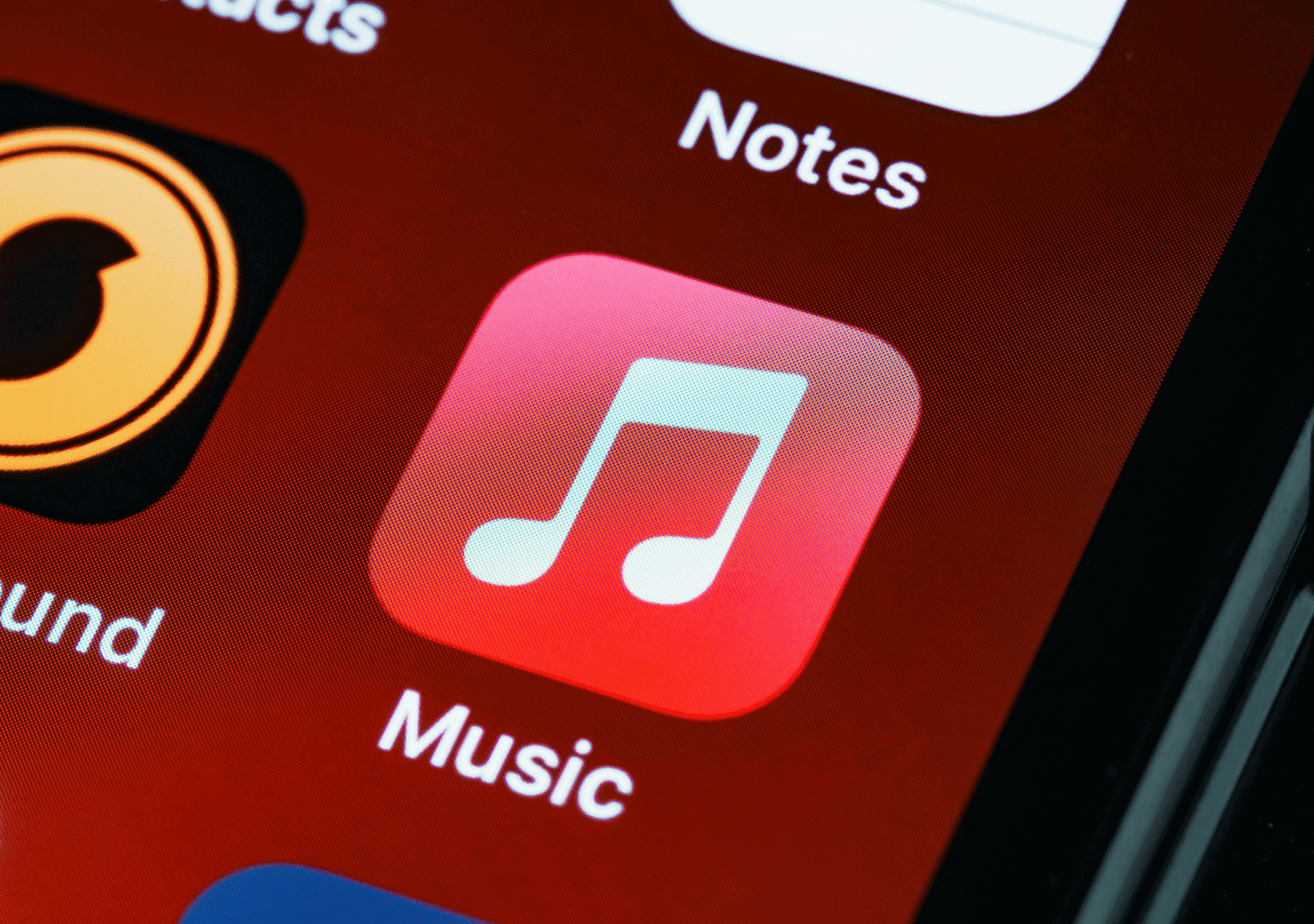Instagram is where the highest number of young people experience cyberbullying
- Wednesday, July 19th, 2017
- Share this article:
 Research has found that Instagram comes out on top as the social network where young people experience the most cyberbullying.
Research has found that Instagram comes out on top as the social network where young people experience the most cyberbullying.
In a survey of over 10,000 UK youngsters aged between 12 and 20 by anti-bullying charity Ditch the Label, it was found that 42 per cent of those that use Instagram, of the 17 per cent that had experienced cyberbullying by their own definition, had experienced it on the app.
“We have zero tolerance of bullying and are committed to making sure Instagram is a place where people feel comfortable expressing themselves,” Michelle Napchan, EMEA head of policy at Instagram told Mobile Marketing. “We know that comments posted by other people can have a big impact and that’s why we have recently invested heavily in new technology to help make Instagram a safe and supportive place.
“Using machine learning technology, offensive comments on Instagram are now automatically blocked from appearing on people’s accounts. We also give people the choice to turn off comments altogether, or make their own lists of banned words or emojis that won’t appear in their comments.
“If someone is being bullied or sees content that makes them uncomfortable we encourage them to report it through our in-app reporting tools. The content is reviewed and removed if it violates our community guidelines.”
Facebook came in second place behind its photo sharing application with 37 per cent suffering cyberbullying on the social network. Snapchat came in third at 31 per cent.
Perhaps the most interesting finding, however, is the 71 per cent of respondents that feel social networks don’t do enough to prevent cyberbullying – though this is something many of them have been working on.
The survey also brought up some interesting insights into the attitudes of young people toward cyberbullying. Astonishingly, 23 per cent said they believed cyberbullying was just part of growing up – a view that only education, and a desire to prevent normalisation of cyberbullying, can change. In addition to this normalisation, 69 per cent of respondents said they had done something abusive to another person online.
















